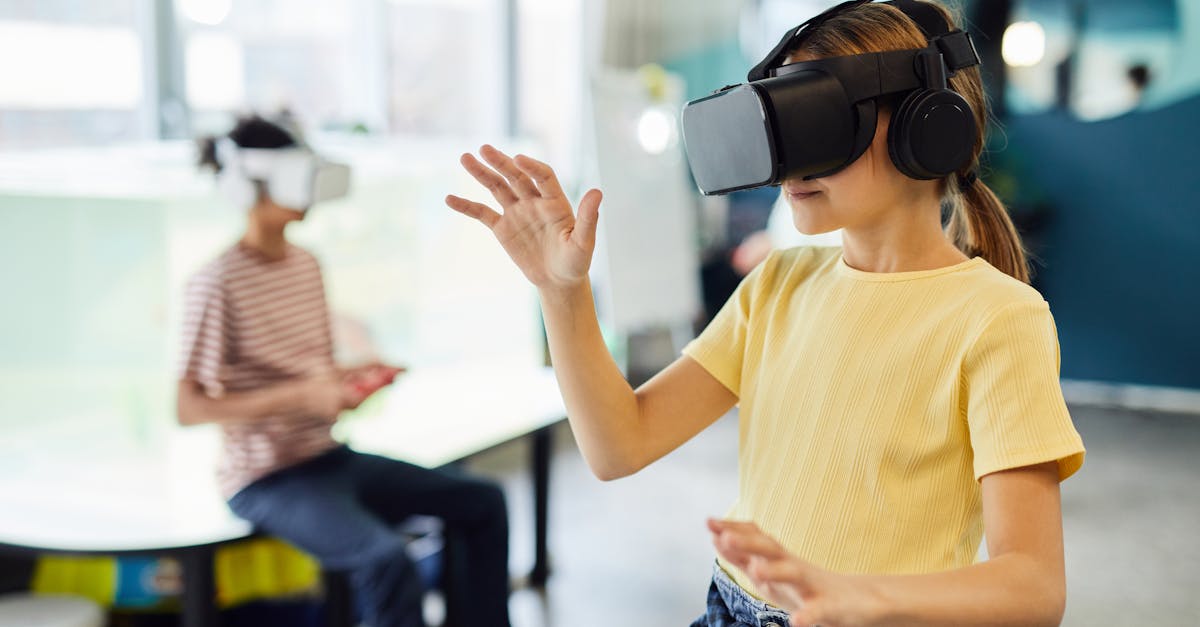
Revolutionizing Education with AI: Personalized Learning Experiences for Every Student
Education is undergoing a major transformation, and artificial intelligence (AI) is playing a pivotal role. With its ability to analyze vast amounts of data and provide personalized learning experiences, AI has the potential to reshape how we teach and learn. In this article, we’ll explore how AI can be used to enhance student-centered learning and create an educational landscape that is more inclusive, engaging, and effective.
Traditional education systems often struggle with providing personalized experiences for students due to large class sizes and limited resources. However, with the advent of AI in education, this is slowly changing. AI can help educators understand each student’s individual needs, learning styles, and progress, allowing them to tailor their teaching methods accordingly.
Benefits of AI-Powered Personalized Learning
- Enhanced Engagement: By offering content that is customized to a student’s interests and learning style, AI can make learning more enjoyable and engaging. This may lead to increased motivation and better retention of information.
- Improved Performance: Personalized learning experiences can help students overcome challenges they might face in traditional classroom settings, such as difficulty understanding complex concepts or keeping up with the pace of instruction.
- Better Resource Allocation: AI can analyze student data to identify areas where additional support is needed, allowing schools to allocate resources more efficiently and ensure that every student has access to the educational tools they need to succeed.
- Reduced Teacher Workload: With AI handling tasks such as grading assignments and providing feedback on student work, teachers can focus on delivering high-quality instruction and building relationships with their students.
How AI is Transforming Education
Several AI technologies are already being used to create personalized learning experiences:
Adaptive Learning Platforms
These platforms use algorithms to analyze a student’s performance and adjust the level of difficulty or type of content presented based on their progress. Some popular examples include Carnegie Learning’s Mika, Knewton, and Aleks from McGraw-Hill Education.
Intelligent Tutoring Systems (ITS)
These AI systems mimic the role of a human tutor by providing real-time feedback, hints, and explanations to help students learn more effectively. Examples include Cognii, Carnegie Speech, and Mathia from Carnegie Learning.
Virtual Reality (VR) and Augmented Reality (AR)
These immersive technologies can create interactive learning environments that cater to different learning styles. For example, Google Expeditions offers virtual field trips, while HoloLens from Microsoft allows students to explore 3D models of complex concepts.
Chatbots and Natural Language Processing (NLP)
These tools can help students practice language skills or seek clarification on subject matter in a conversational manner. Examples include Duolingo’s chatbot for language learning and IBM Watson’s NLP capabilities used by educators to analyze student writing.
Challenges & Concerns
While AI has immense potential to revolutionize education, there are also concerns about its implementation. Some of these include:
- Data Privacy: As schools increasingly collect data on students’ performance and learning habits, it is crucial that robust measures are in place to protect this sensitive information.
- Digital Divide: Not all students have equal access to technology, which could exacerbate existing inequities in education.
- Reliance on Automation: There is a risk of over-reliance on AI tools, potentially leading to a decrease in human interaction and critical thinking skills.
- Lack of Human Touch: While AI can provide valuable feedback and support, it cannot replicate the emotional connection between students and teachers.
Looking Ahead
As AI continues to advance, we can expect even more innovative applications in education. Personalized learning experiences will become increasingly common, allowing students from all backgrounds to achieve their full potential. However, it is essential that educators and policymakers work together to address the challenges associated with AI in education, ensuring that its implementation benefits all stakeholders.
Conclusion
AI has the power to transform education by providing personalized learning experiences tailored to each student’s unique needs. By leveraging adaptive learning platforms, intelligent tutoring systems, virtual reality, and chatbots, we can create an educational landscape that is more inclusive, engaging, and effective for all learners.
Call To Action
What are your thoughts on the role of AI in education? Share your opinions or experiences with us in the comments below!